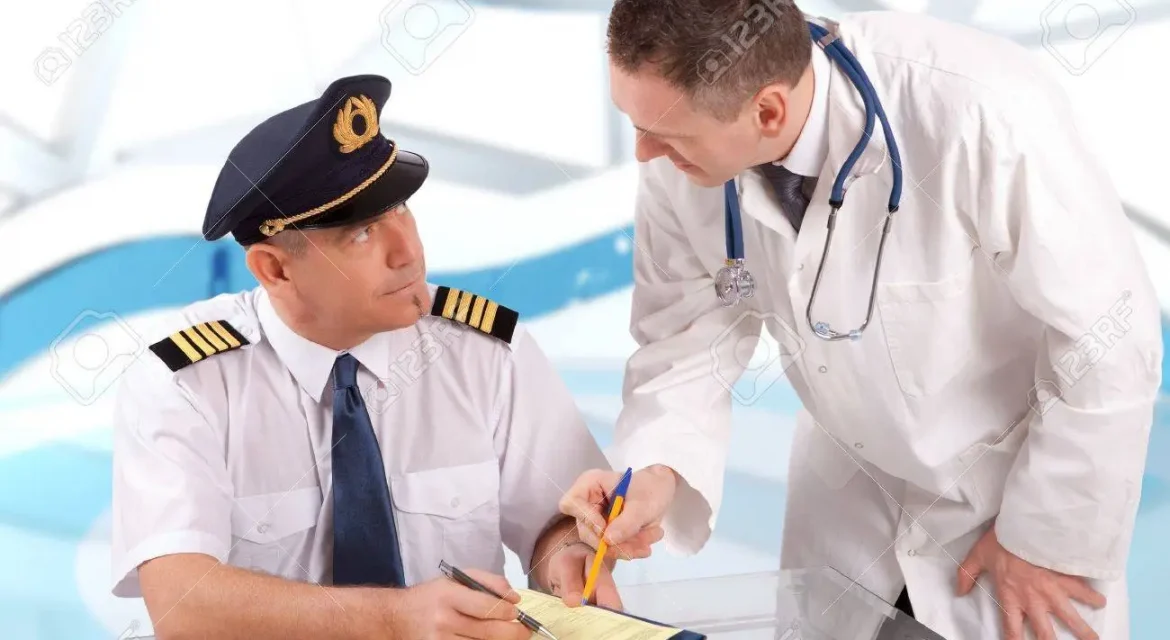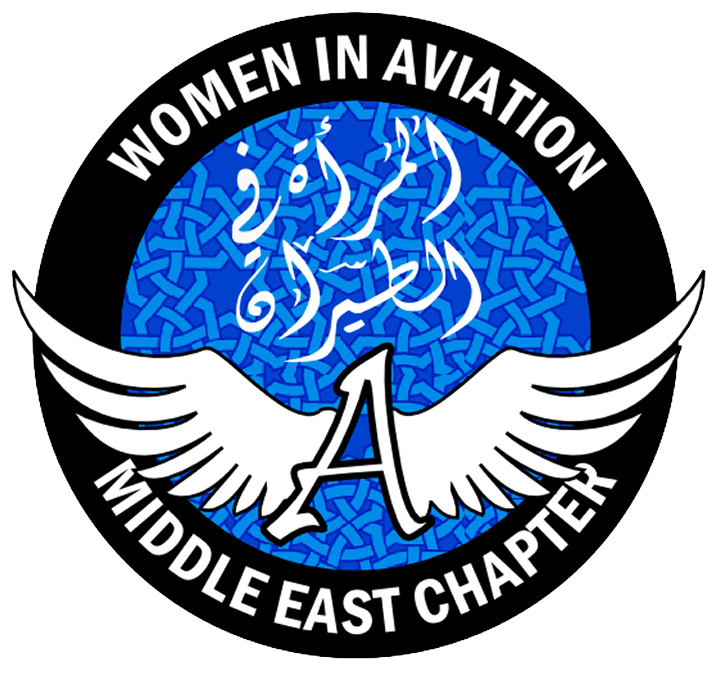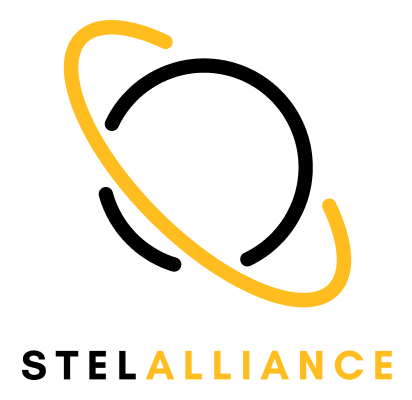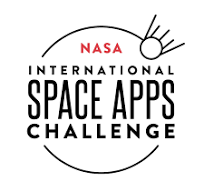MEDICAL TESTS OF A PILOT !
Answer:
Medical is the first thing that should be done if someone is planning to join aviation as an aviator/ pilot .
Mostly this Medical is done “officially” at the Aviation Medical Board situated at major cities of the countries . But you can also go to a general physician to confirm your fitness .
You should check for your EYE SIGHT which should be 6/6, can be “with glasses“. There should be No color blindness or night vision issues .
Your Height and Weight should be according to BMI( BODY MASS INDEX) . You can check this on internet if your height and weight is according to the BMI .
The Height rule is not that strict . Any person who is between 5ft to 6ft is eligible. And even in some cases below and above that too . But having a very short height around 4ft might not be suitable because you need to reach all the controls like rudders used by your feet and panels above you . But it still depends on the type of the aircraft you will be flying .
And if you are tall enough, it will be difficult for you to sit with a bent back .
The Weight should also be in limits according to the height.
Too thin?
A pilot shouldn’t be anorectic because pilots need to maintain their sugar level to keep their brain functional. You can’t be on specific diet which reduces your sugar levels .
Obese?
A pilot shouldn’t be obese or there will be long run blood pressure and other health issues. Moreover, in the case of an emergency, a pilot should be capable enough to get out of the plane through the window as well .
FLIGHT PSYCHOLOGIST :
Flight psychologist will check your mental health .
CLASS 1 Medical is the name of the certificate which is given after the thorough examination of the person and it is necessary for the CPL( commercial pilot license).
Eye sight / Vision:
Will check your eyesight , color vision( color blindness) , blind spots, or any issues with your vision that could prevent you from performing your duties as a pilot (in some cases they allow glasses or contact lenses as well)
Eye surgeries :
Surgeries are always risky ; it is better to use contact lenses or glasses to correct your vision until your flying days are over .
Hearing check :
they will Measure hearing through an Audiogram, Balance test, check sinuses.
Healthy Heart:
Measure the heart with an ECG (includes rest- and exercise ECG).
Brain test :
EEG is also done to check Epilepsy .
Blood samples:
They will Measure Hemoglobin Value (to see that you have the capacity to transport oxygen around the body – your ability to carry oxygen is important so that you don’t pass out when flying), they will check your Cholesterol Test.
Urine samples:
Measure leakages of blood and sugar level that is one indication of diabetes, drug samples if needed.
General health exam:
Listening to the heart and lungs, checking reflexes.
Back pain problems:
Because pilots have to sit for a longer time period, their back must be fit enough to bear the pressure in a sitting posture for a longer time .
SURGERIES AND MEDICATIONS :
If you ever underwent a surgery, you must declare its reports and your doctor must make sure that you are fit to fly after that surgery.
If you were ever on some specific medication, you must declare that as well . For example, for ADHD or any psychiatric issue , blood pressure issue , diabetes etc.
During flying , if something happens to your health conditions, you’ll be grounded for a time period until you recover and declared fit for flying.
For any further details, you can contact us through E-mail or comment below on our website www.airmansground.com






